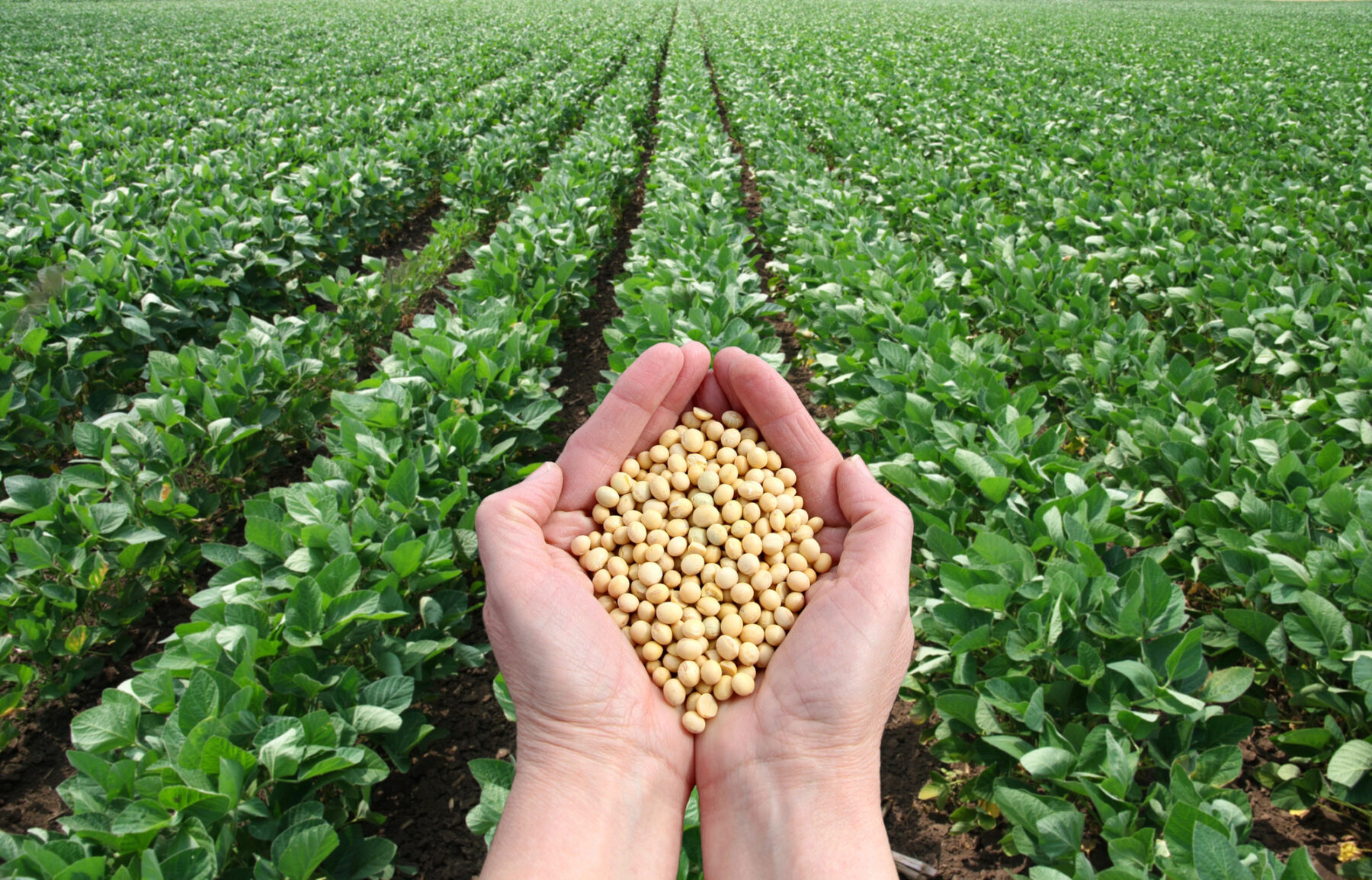Although the order would limit its use, soybean oil could be allowed to produce biodiesel, knowing the impact of these crops on deforestation, human rights and food insecurity. Effects included in the European Directive against Deforestation (EUDR).
For the environmental organization It is good news that the standard brings forward the phaseout of biodiesel from palm oil to 2025 (the European Commission has ordered its phase-out by 2030). But the Spanish government has missed a major opportunity to protect biodiversity by not also banning soyas other countries such as Belgium and France have already done.
On July 16, the Order TED/728/2024which provides the mechanism for promotion biofuels and others renewable fuels for transport purposes. In her, Palm oil and its derivatives will no longer be convertible into biodiesel from 2025. A ban that has already been included European renewable energy directive order its phase-out by 2030.
It is good news for the environmental organization that the Spanish government has decided to bring forward its abolition by five years, recognizing the serious consequences of the pitfall of considering agrofuels wrongly called ‘bio’ as renewable. However, The opportunity to halt deforestation has been lost by not including soy elimination.
This is evident from a study commissioned by the European Commission itself Biofuels produced from palm oil and soy oil generate three to two times more greenhouse gas emissions than fossil diesel.respectively.
For this reason, palm oil was classified in 2019 as a commodity at high risk for indirect land use change (ILUC) and the Commission approved its elimination. However, soybeans have not been taken into account and for this reason the ministerial decision does not eliminate soybeans together with palm oil in 2025.
Soybeans: a missed opportunity to prevent deforestation of the Amazon and other rainforests
The scientific evidence linking massive soybean harvests to the deforestation of key ecosystems such as the Amazon or the Cerrado in Brazil is extensive.. So much so that the government itself is in the process of implementing the European Deforestation Regulation (EUDR)which expressly prohibits the import of soy from consignments that are not certified as free from deforestation.
Unfortunately, according to the environmental organization European Deforestation Regulation (EUDR) is insufficient: the materials included in the text include most soy derivatives and products, but not all, as is the case with oil and soy products. biofuels. At the same time, The draft update of the National Energy and Climate Plan (PNIEC) does propose eliminating soy.
Imports of soybeans into Europe for biofuel production increased fivefold between 2015 and 2022according to a study by Transport & Environment. Although the European Parliament, several EU Member States, civil society organizations and the scientific community have clearly expressed their position opposition to soy biofuelsthe European Commission continues without revising the delegated act that could classify it as high-risk ILUC.
Marta Orihuel, spokesperson for the environmental organization, has stated: “It is the Member States that brake on soy biodiesel, as France and Belgium have already done. “It is a shame that the Spanish government has not taken the opportunity to show coherence, correct a gap in European legislation and thus protect the entry of soy from deforestation.”
Silvia Fernández, also spokesperson for the environmental organization, added: “We will continue to demand from the environmental organization, both at state and European level, that prohibit biodiesel produced in Spain from containing any ingredient derived from palm or soy beans. “We must protect the tropical forests with the greatest biodiversity and thus contribute to the food security of local communities.”

